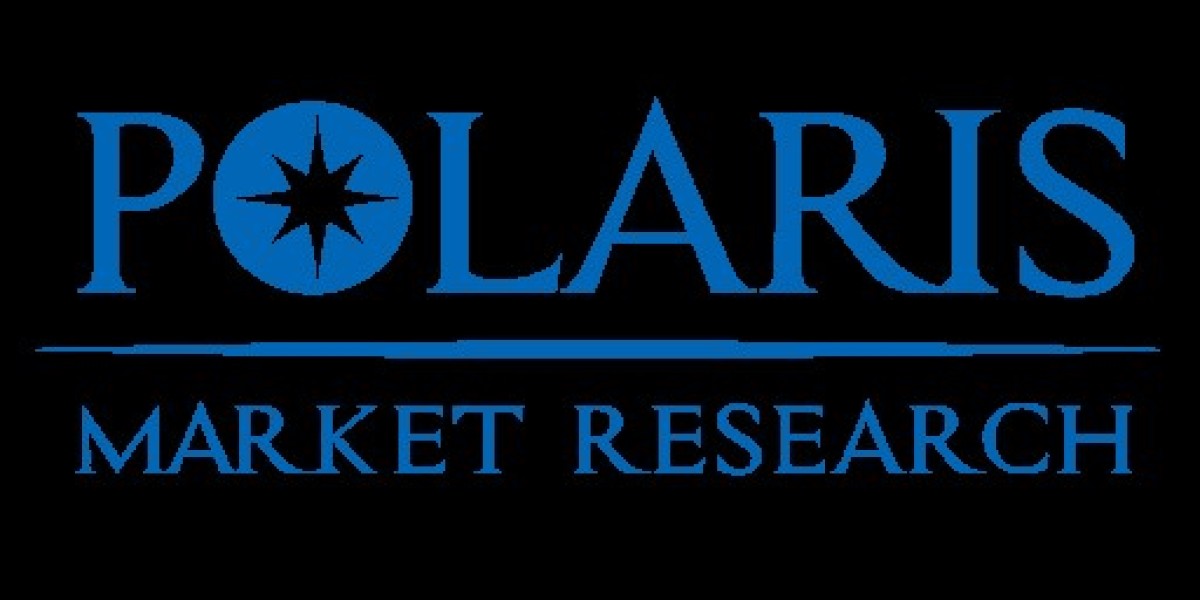The U.S. gypsum market, valued at USD 15.35 billion in 2024, is on a high-growth trajectory, expanding at a CAGR of 9.0% from 2025 to 2034, underpinned by strong segmentation-specific demand across product types, end-user industries, and applications. This segmentation-driven growth reflects a broader shift in construction practices, with increasing emphasis on product differentiation, application-specific performance, and value chain optimization. Among product types, drywall continues to dominate due to its widespread use in residential and commercial buildings, while specialty gypsum products such as glass-reinforced gypsum (GRG) and fiber gypsum boards are gaining traction in niche markets like architectural detailing and fire-resistant construction.
The residential construction segment remains the largest end-user industry, driven by demographic shifts, housing shortages, and federal initiatives promoting homeownership. However, the commercial and institutional sectors are emerging as key growth engines, particularly in the context of value chain optimization and application-specific growth. Office renovations, school construction, and healthcare infrastructure projects are increasingly demanding high-performance gypsum solutions that offer superior acoustics, fire resistance, and moisture control. This has led to a surge in demand for coated and moisture-resistant gypsum boards, which command premium pricing and contribute to segment-wise performance.
From a material standpoint, synthetic gypsum—derived from flue gas desulfurization in coal-fired power plants—has become a critical input in the U.S. market, accounting for over 50% of total gypsum consumption. Its environmental benefits and cost-effectiveness have made it a preferred choice among manufacturers seeking to align with sustainability goals and reduce reliance on natural gypsum reserves. This shift has also prompted innovation in material sourcing and recycling, with companies investing in closed-loop systems to recover and reuse post-consumer gypsum waste. These efforts are not only improving environmental compliance but also enhancing the overall efficiency of the value chain.
Read More @ https://www.polarismarketresearch.com/industry-analysis/us-gypsum-market
In terms of application-specific growth, interior wall and ceiling systems continue to dominate, but the flooring segment is emerging as a high-potential area. Gypsum-based underlayment products are gaining popularity due to their fast-setting properties, superior leveling capabilities, and compatibility with radiant heating systems. This trend is particularly pronounced in multi-family housing and retrofit projects, where time-sensitive construction schedules and labor efficiency are paramount. Moreover, the rise of modular and prefabricated construction is reshaping demand patterns, with manufacturers tailoring product dimensions and formulations to suit off-site building techniques.
The competitive landscape is increasingly defined by product differentiation and strategic R&D investments. Leading players such as United States Gypsum Company (USG) and Knauf Insulation are introducing proprietary gypsum blends that offer enhanced durability, reduced weight, and improved thermal performance. These innovations are not only capturing premium pricing but also reinforcing brand loyalty in a market where performance and compliance are becoming critical decision-making factors for architects and contractors.
Market Drivers include the expansion of the construction sector, the growing preference for sustainable building materials, and the rise of smart and modular construction techniques. Restraints include fluctuating raw material prices and environmental scrutiny surrounding synthetic gypsum sourcing. Opportunities lie in the development of high-value gypsum composites and the integration of digital tools to optimize the supply chain. Trends shaping the market include the increasing use of gypsum in green building certifications, the rise of prefabricated construction, and the growing importance of material recycling in the value chain.
As the U.S. gypsum market continues to evolve, success will depend on a company’s ability to navigate segment-wise performance, drive application-specific innovation, and align with broader value chain optimization strategies that enhance efficiency and sustainability.
- United States Gypsum Company (USG)
- Knauf Insulation
- Saint-Gobain SA
- Georgia-Pacific LLC
- National Gypsum Company
- Siniat Limited
- Etex Group
- Gyproc (a subsidiary of Saint-Gobain SA)
More Trending Latest Reports By Polaris Market Research:
Wafer Vacuum Assembling Equipment Market
Asia Pacific Organic Cereals Market
Hematologic Malignancies Therapeutics Market

![Facility Management Market Size, Share, Trends | Growth [2035]](https://snapfier.s3.amazonaws.com/upload/photos/2025/05/Uhdpj4QEoFwLEiD4JGVY_21_69d494f93cca8170621b8e7653b49a8a_image.jpg)







